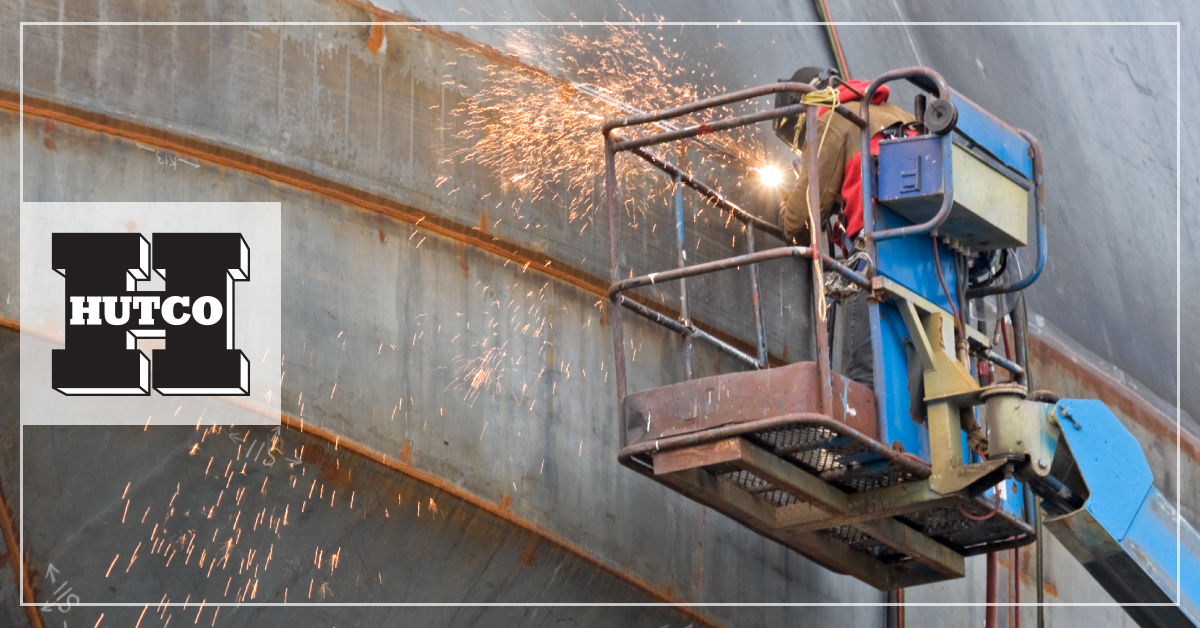
Are you interested in welding? Or maybe you have a welding background and are looking for a new opportunity. Could a career as a maritime welder be right for you? What does this job entail, what do you need to bring to the table, and what does the future hold for a welder in the marine industry? If you’re considering a career change, a job as a welder in the shipbuilding industry could be right for you.
What is Maritime Welding?
Welding, as you know, is the ability to use heat to join two metals together. This is done through a variety of specialized tools and materials. However, maritime welding adds another element to the experience. Maritime welding most often refers to welders who build or repair ships. This is generally done at shipyards or repair facilities.
What Jobs Can You Do in a Shipyard?
Shipyards are generally located in coastal areas, like here in the Gulf of Mexico. Within a shipyard, someone with welding skills will handle a wide range of duties, including welding materials on and off the in-progress ship. Shipyards want to hire experienced welders, including those who have already worked in the marine industry in the past.
How to Train for a Career in Maritime Welding
But what if you don’t already have maritime welding experience? How can you leverage other welding experience and land your first job in a shipyard? To train, you’ll need to start with a high school diploma or GED and a background in math proficiency. Next, enroll in a welding program to get the fundamentals of knowledge. You will be able to learn different types of welding, many of which are used in a shipyard. You may also want to talk to someone in the maritime welding industry to understand the application of skills.
What Can You Expect in this Career?
As a maritime welder, what can you expect in your career path? An entry–level welder who has knowledge of blueprints and schematics can expect an average of $38,000 annually in shipyards on the gulf coast of Alabama, for instance. But money isn’t the only factor to consider. You also need to approach the career knowing about the physical expectations, including working in confined spaces and around high heat.

